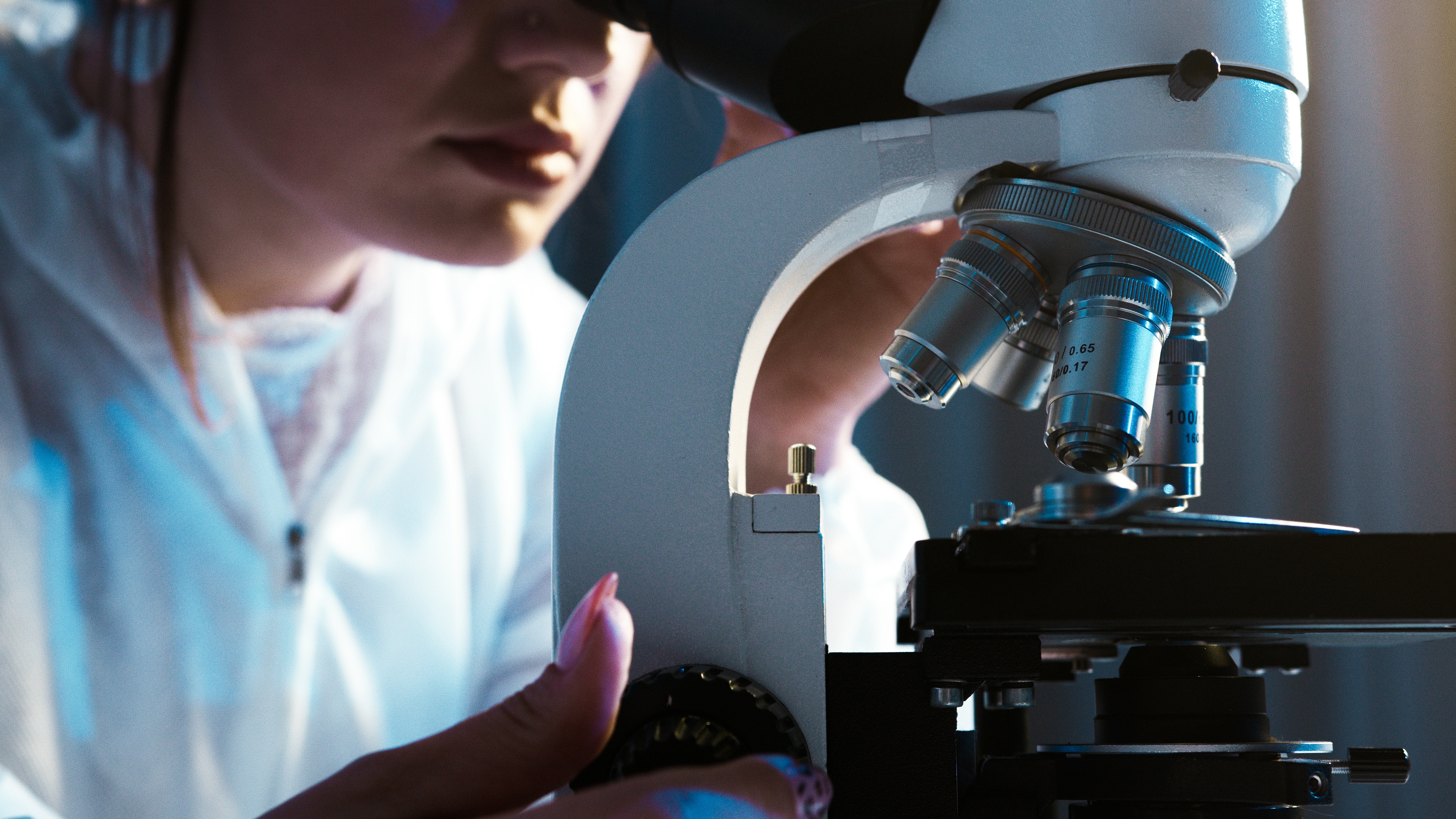Clinical trials are essential to the development of new clinical drugs. In this blog, we will dive into what is involved in a clinical trial protocol and explore best practices for developing protocols. We will also look at why it is important for pharmaceutical companies to adhere to rigorous standards when it comes to clinical trial protocols.
What Is a Clinical Trial Protocol?
A clinical trial protocol is an extensive document that outlines all aspects of the study including the objectives, design, methodology, statistical considerations, and organization of a clinical trial. It serves as a blueprint for running the trial and must be followed precisely by all members involved in the research process. The protocol includes information about the drug or device being tested, how it will be administered, what tests and procedures will be done to monitor safety and effectiveness, who can participate in the study, where it will take place, and how long it will last.
Best Practices for Developing Protocols
When developing a protocol for a clinical trial, it is important to ensure that all aspects of the study are well-defined so that they are understood by those participating in the research process. The protocol should provide clear guidance on how trials should be conducted while allowing flexibility when needed. Additionally, protocols should include detailed information on safety measures such as monitoring patient safety throughout the course of the study as well as steps for reporting any adverse events that may occur. Finally, protocols should include an analysis plan that clearly outlines any statistical analyses that need to be completed during or after the study.
Why Adherence Is Important
Adhering to rigorous standards when developing clinical trial protocols is essential because it ensures that trials are conducted ethically and safely while providing reliable results that accurately reflect drug efficacy and safety data. Without adherence to these standards, there would be no way to guarantee this level of accuracy which could put patients at risk or lead to ineffective treatments being approved by regulatory bodies like the FDA. Additionally, adhering to best practices helps ensure consistency across different studies so that results from different trials can be compared more easily.
Clinical trials are a vital part of developing safe and effective treatments for medical conditions but only if they follow strict guidelines set forth in their protocols. Pharmaceutical companies must adhere closely to these standards as doing so ensures accurate data collection and protects patient safety during every step of the research process. With proper adherence to best practices when creating protocols for clinical trials, pharmaceutical companies can help ensure successful drug development processes with minimal risk or error which ultimately benefits everyone involved in medical care worldwide.






